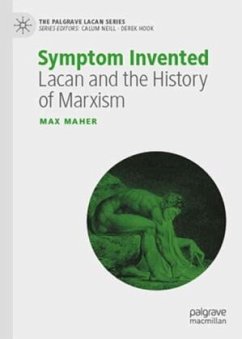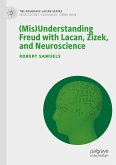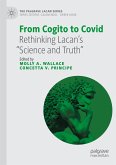This book is about Jacques Lacan s place in the history of Marxist thought. It argues that psychoanalysis, as understood by Lacan, represents a radical departure from the Marxist tradition and its politics but also that the political value of psychoanalysis can only be properly understood in this context.
Lacan s psychoanalytic theories are an increasingly popular resource for intellectuals on the left, who use them to critique the psychic conditions for the functioning of capitalism, and its impact on unconscious mental life. In doing so, however, they tend to make Lacan s position with respect to Marx seem obvious, and to overstate the potential for an alliance between the two.
This book studies key movements in twentieth-century philosophy and science, to show how Lacan s work asks many of the same questions Marxists were concerned with, and responds to a number of the same impasses they encountered. At the same time, however, the book demonstrates how the different approaches Lacan makes to these points of crisis break explicitly with the Marxist tradition. The book contributes in particular to debates opened up by the philosophers of the Ljubljana School, including Slavoj Zizek and Samo Tom ic. It will be useful for readers interested in the contribution of psychoanalysis to political philosophy, and in the history of twentieth-century political philosophy more generally.
Lacan s psychoanalytic theories are an increasingly popular resource for intellectuals on the left, who use them to critique the psychic conditions for the functioning of capitalism, and its impact on unconscious mental life. In doing so, however, they tend to make Lacan s position with respect to Marx seem obvious, and to overstate the potential for an alliance between the two.
This book studies key movements in twentieth-century philosophy and science, to show how Lacan s work asks many of the same questions Marxists were concerned with, and responds to a number of the same impasses they encountered. At the same time, however, the book demonstrates how the different approaches Lacan makes to these points of crisis break explicitly with the Marxist tradition. The book contributes in particular to debates opened up by the philosophers of the Ljubljana School, including Slavoj Zizek and Samo Tom ic. It will be useful for readers interested in the contribution of psychoanalysis to political philosophy, and in the history of twentieth-century political philosophy more generally.








